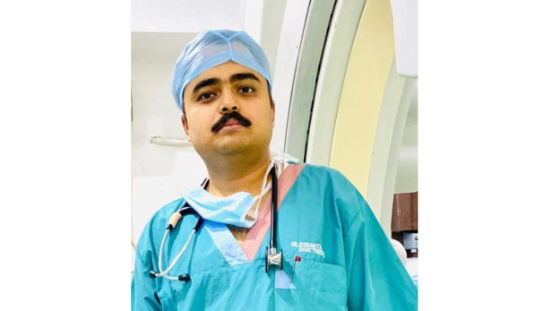I'm 46 and worried about heart disease. What can I do to prevent it or even reverse it? My blood pressure is at 13588, HDL is 30, LDL is 80, and triglycerides are 150. I've had a CT Calcium score of 12, which isn't great for my age since it puts me i...
To prevent and reverse heart disease, it's important to make some lifestyle changes. Despite your efforts with a low-fat diet, your CT Calcium score of 12 indicates some level of coronary artery calcification, which can be a sign of early heart disease. Here are some recommendations based on your current medications and supplements: 1. Blood Pressure Medication: Continue taking your BP medication as prescribed to keep your blood pressure under control. 2. Statin (10mg): This medication helps lower LDL cholesterol. Consider discussing with your doctor about potentially increasing the dosage based on your current LDL level of 80. 3. Fish Oil: Omega-3 fatty acids in fish oil can help lower triglycerides. Consider increasing the dosage to further improve your triglyceride levels. 4. Garlic: Garlic supplements may have some cardiovascular benefits. Continue taking it as it may help with overall heart health. 5. Vitamin D: Ensure you are getting enough Vitamin D through supplements or sunlight exposure, as Vitamin D deficiency can be linked to heart disease. 6. Aspirin: Aspirin is often recommended for its blood-thinning properties. Continue taking it as prescribed by your doctor. 7. CoQ10: Coenzyme Q10 is an antioxidant that may help improve heart health. Continue taking it for its potential benefits. In addition to your current regimen, here are some additional recommendations to consider: - Increase physical activity: Aim for at least 150 minutes of moderate-intensity exercise per week. - Improve diet: Consider a heart-healthy diet rich in fruits, vegetables, whole grains, lean protein, and healthy fats like those found in nuts and olive oil. - Stress management: Practice stress-reducing activities like yoga, meditation, or deep breathing exercises. - Regular check-ups: Continue monitoring your cholesterol levels, blood pressure, and overall heart health with regular visits to your healthcare provider. By making these lifestyle changes and working closely with your healthcare provider, you can further reduce your risk of heart disease and potentially reverse some of the early signs of coronary artery calcification.




